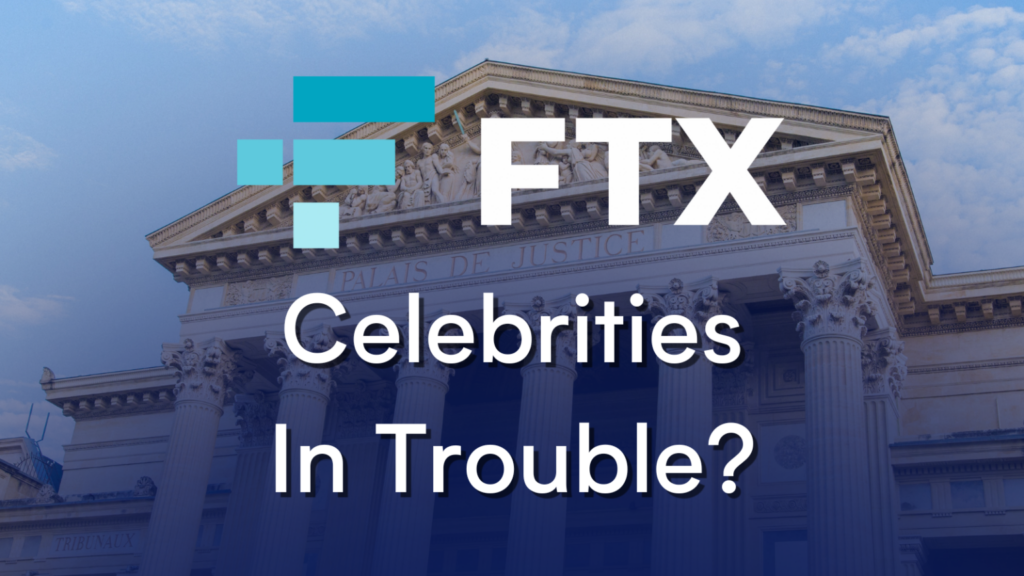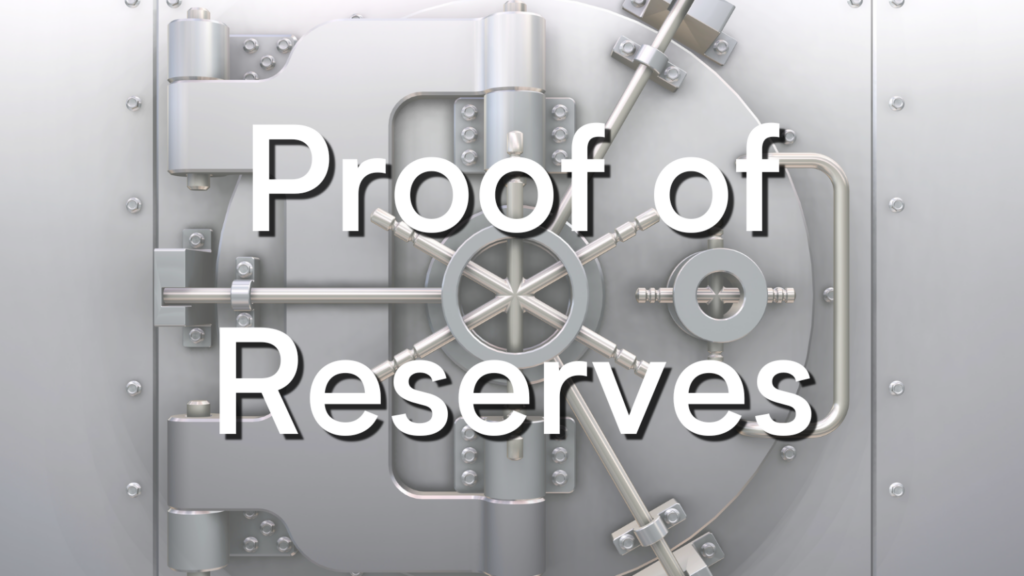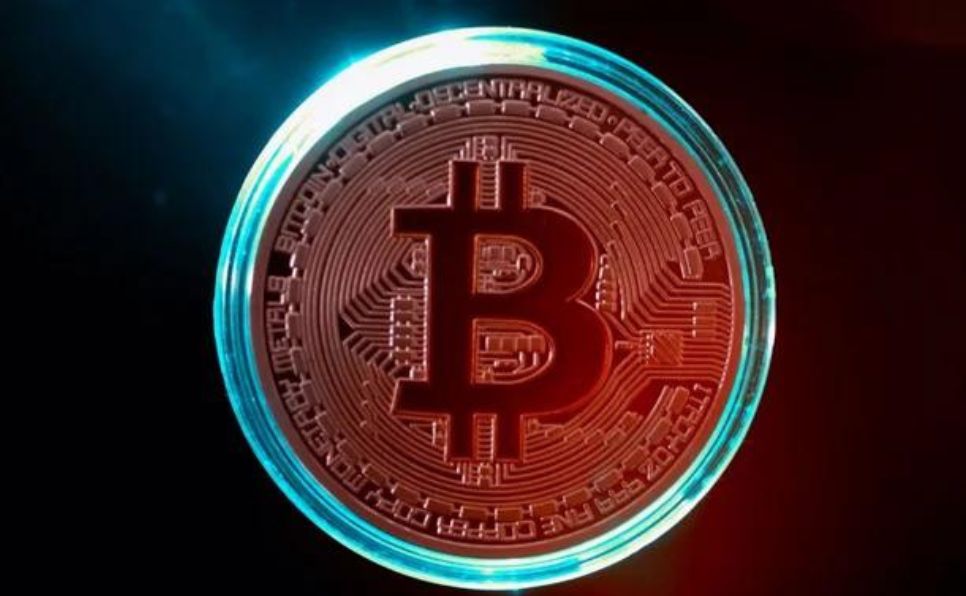In RockItCoin’s effort to empower individuals in the cryptocurrency space, we have extracted top industry stories for your Weekly Digest. Cryptocurrency continues to dominate the news and here are some key happenings you should know.
Nike Announces new NFT Marketplace .Swoosh
Athletic apparel giant Nike announced the creation of .Swoosh, its web3-enabled community and experience platform. According to Nike, “.SWOOSH will allow Nike Members to learn about, collect and eventually help co-create virtual creations, which are typically interactive digital objects such as virtual shoes or jerseys”. This is the second time Nike has entered the virtual space, with their acquisition of virtual sneaker brand RTFKT and introduction of Nikeland in 2021. While .Swoosh is still in its beta phase, Nike says it plans to launch its first digital collection in 2023, as the rest of 2022 will be spent growing its awareness and user base.

Tom Brady, Shaquille O’Neal Among Celebrities Named in FTX Class Action Lawsuit
Former FTX CEO Sam Bankman-Fried has been named in a class-action lawsuit in Miami, along with several other celebrities such as Tom Brady, Shaquille O’Neal, and Steph Curry. The lawsuit alleges “The deceptive and failed FTX Platform was based upon false representations and deceptive conduct” and that consumers sustained a total of over $11 billion in damages. While it is unclear whether the celebrities named will be in legal trouble, one thing is clear: people want SBF to be responsible for his actions and statements. The United States authorities have been cooperating with the Bahamian government to extradite SBF to the USA so he can be investigated.

Crypto Exchanges Move to Publish Proof of Reserves
Many crypto exchanges are looking to build trust with their users after the collapse of FTX. The crypto community reacted by pulling over $3 billion in Bitcoin off of exchanges and moving them to non-custodial wallets. One way that exchanges are trying to be transparent is through publishing their proof of reserves. This is done by auditing the balances of coins on a given exchange, ensuring that it has enough coins to back its customer’s funds. If FTX had published its proof of reserves, it would have been apparent that they were misusing customer funds, or kept them honest and backed them appropriately.




